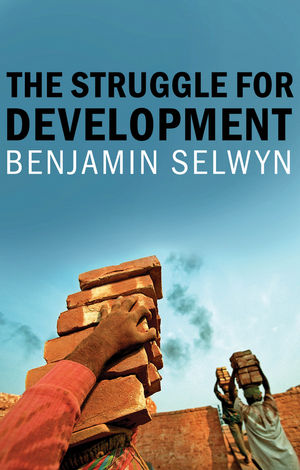
Photo: do bicycles come from? Source: WDR2020, Figure 1.1, pp. 16.
One of the main effects (I will not say purposes) of orthodox traditional economics was…a plan for explaining to the privileged class that their position was morally right and was necessary for the welfare of society.
—Joan Robinson1
The recent period of globalization—following the collapse of the Eastern bloc and the reintegration of China into the world economy—is one where global value chains have become the dominant organizational form of capitalism. From low to high tech, basic consumer goods to heavy capital equipment, food to services, goods are now produced across many countries, integrated through global value chains. According to the International Labour Organization, between 1995 and 2013 the number of people employed in global value chains rose from 296 to 453 million, amounting to one in five jobs in the global economy.2 We are living in a global value chain world.3
The big question is whether this global value chain world is contributing to, or detracting from, real human development. Is it establishing a more equal, less exploitative, less poverty-ridden world? Which political economic frameworks are best placed to illuminate and explain the workings of this world?
Recent critical scholarship has applied monopoly capital concepts and categories to the analysis of global value chains. John Bellamy Foster and others have illuminated how global value chains represent the latest form of monopoly capital on a world scale.4 John Smith shows how surplus-value transfer and capture—from workers in poorer countries to lead firms in northern countries—is portrayed by mainstream economists as “value added” by those firms.5 Intan Suwandi analyzes how global value chains are enabled by, and also intensify, differential rates of worldwide labor exploitation.6
Mainstream advocates of global value chain-based development tend to ignore such critical analyses, and continue to preach the benefits of global value chain integration by drawing on examples and data that support their claims. However, it says much about the anti-developmental dynamics generated by global value chains when a World Bank report advocating global value chain-based development actually provides data that supports the analyses of the aforementioned critical authors.
Here, we interrogate the data used and the claims made in the World Bank’s World Development Report 2020, titled Trading for Development in the Age of Global Value Chains (WDR2020, or “the report”).7 While the report portrays global value chains as contributing to poor countries’ development through job creation, poverty alleviation, and economic growth, we reveal how its data shows the opposite.8
Read More »
